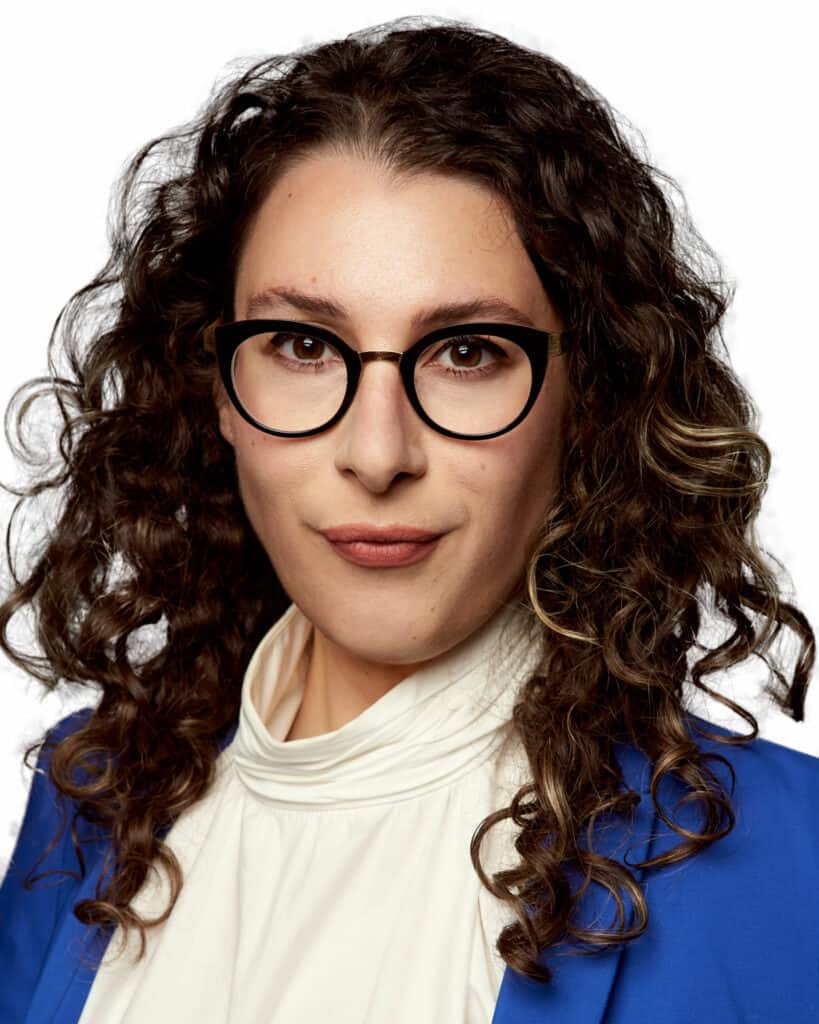
Testamentary Trust Lawyers in Edmonton, Alberta
Most people in Edmonton expect to write a will at some point in their lives.However, many are not aware of the various tools at their disposal for transferring assets when creating a will.
A testamentary trust can be an important aspect of your will, helping you transfer assets to a loved one’s tax effectively and according to your preferences after you pass away.
The testamentary trust experts at Vest Estate Lawyers in Edmonton can help you create a will that carries out your wishes in the most effective way possible.
What is a testamentary trust in Alberta?
Like all trusts, a testamentary trust holds assets on behalf of a beneficiary or a group of beneficiaries and is managed on behalf of these individuals by a trustee.
A testamentary trust is not really a type of trust per se – it is an “umbrella” term that includes many types of personal trusts, usually created as part of a will.
The key point about a testamentary trust is that it only comes into effect after you die – as opposed to a living trust, which transfers assets to a trustee during your lifetime.
In certain circumstances, a court may order the formation of a testamentary trust on behalf of a deceased person’s estate.
Assets designated for a testamentary trust remain your property until you die. In fact, the trust is only set up after you die. At this point, assets are transferred to the trust and distributed to beneficiaries according to the instructions contained in the trust agreement.
Like with your will, the terms of the testamentary trust are decided on and formalized in writing while you are alive and usually with the assistance of a qualified lawyer.
Why establish a testamentary trust?
A testamentary trust is a flexible way to protect the financial interests of loved ones after you pass away.
This is generally a key goal of any will, so a testamentary trust becomes a dynamic tool able to help you achieve your objectives and seamlessly transfer wealth and assets to the intended beneficiaries – a spouse, children, disabled family members, or other loved ones.
Assets can be in the form of property, cash, investments, etc. and the trust can manage these and any income generated from them tax-effectively.
Testamentary trusts allow you to delay or manage when beneficiaries become the legal owners of assets and you can assign a third party to manage these assets accordingly.
Main uses of a testamentary trust
The type of testamentary trust you set up will depend greatly on what you want to achieve.
Most commonly in Edmonton, individuals create these personal trusts to achieve the following goals after they die:
Protecting minor children
The most common purpose for a testamentary trust is to provide income for minor children.
Children may be too young to receive and manage assets responsibly before or after they die. A testamentary trust can enable you to transfer assets when you die and delay access to funds until the child reaches a mature enough age to manage their finances appropriately.
Even if your child is an adult, you may have reasons for delaying the transfer of assets. You are in control of when the assets are made available and you can even specify what the income can be used for.
Protecting disabled adults
Many of the reasons for setting up a testamentary trust for a disabled adult are similar to those for a minor child.
A parent or grandparent may want to ensure that the ongoing financial needs of their loved one are looked after. However, they want to do it without losing access to government assistance. A trust can enable you to “shield” assets from consideration when this assistance is calculated.
Bear in mind that for Edmonton residents to achieve this with their trust, it must be set up in another provincial jurisdiction as this is not permitted in Alberta. Speak to one of our testamentary trust lawyers for advice on this.
Protecting spouses
If a spouse is unable to manage finances effectively (particularly when large estates are passed on), a way to solve the problem is to include a testamentary trust as a provision of your will.
The flexibility of private trusts is attractive. You can set up your trust so that it provides income to your spouse, but upon his or her death, the assets are passed to your children.
This is particularly common in second marriages, with assets passed to children from a previous marriage after the second spouse dies.
Minimizing taxes and preserving pensions
Despite changes to tax laws in recent years, trusts are still tax-effective ways to pass on wealth in Alberta, generally speaking.
In 2014, the graduated tax rate for testamentary trusts was reviewed by the federal government. Now, the taxes you pay will depend on the purpose of the trust.
You can still enjoy favourable tax conditions (through income-splitting) for testamentary trusts set up for minor children. However, the details are important with trusts.
Another way to protect your wealth through a trust is to use it to help preserve pension benefits after you die.
To avoid mistakes and surprises, it is best to discuss the tax implications with your testamentary trust lawyer before committing.
Protecting assets
Assets held within trusts are generally protected from the reckless spending of the beneficiaries – and from creditors of the beneficiaries.
The latter can be especially important if a beneficiary enters bankruptcy or is involved in a family law dispute or a divorce case where there are claims made against his or her assets. The trustee can manage assets in such a way that they are not made available to creditors.
How are the assets managed in private trusts?
The person who manages the assets in a private trust is called the trustee. This is often (but not necessarily) the person who executes the deceased person’s estate.
The role comes with great responsibility and requires some financial management skills. A nominated trustee may choose to hire a qualified financial advisor (often a lawyer or accountant) to assist.
Considering a testamentary trust in Edmonton?
The testamentary trust experts at Vest Estate Lawyers are committed to helping you use your will to protect loved ones.
Establishing your trust to accurately reflect your goals can be challenging. We can advise and help you set up your trust in the right way.
Start with a one-on-one consultation. A lawyer will analyze your situation and advise how you can best achieve your goals.

Our Edmonton intake staff are standing by to help you. Call 587-442-3553 [toll free 1-877-448-3131] or contact us online to schedule an appointment.
We also have a dedicated intake form to help you get the ball rolling. Our intake team will review your specific case and advise you on the next steps to take and what to expect moving forward.
Our Edmonton office is open 8:30 a.m.—5:00 p.m., Mon—Fri.


Sarah Levine
WILLS and ESTATES LAWYER
Sarah Levine is a lawyer in the firm’s Edmonton office. She carries on a varied practice, focusing on all forms of estate planning and estate administration.

